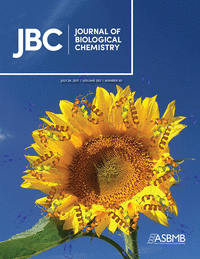 A former graduate student at the University of Hong Kong confessed to making “inappropriate modifications” to several figures in a 2013 paper in the Journal of Biological Chemistry (JBC).
A former graduate student at the University of Hong Kong confessed to making “inappropriate modifications” to several figures in a 2013 paper in the Journal of Biological Chemistry (JBC).
According to the retraction notice, the authors identified issues in 13 images while reviewing the data; the paper’s first author, Yingying Lu, copped to manipulating the figures. Even though “these modifications did not change the results or interpretations of this work,” the authors requested the paper be retracted.
The paper’s corresponding author, Jainbo Yue, previously based at the University of Hong Kong and now at the City University of Hong Kong, had nothing to add to the retraction notice, and told us that a “third person” is repeating the key experiments.
Here’s the retraction notice for “Two pore channel 2 (TPC2) inhibits autophagosomal-lysosomal fusion by alkalinizing lysosomal pH,” published in July: Continue reading Author admits to manipulating more than a dozen images in 2013 paper

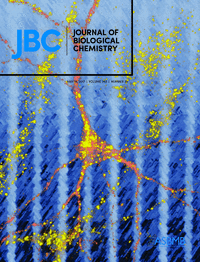 On April 27, the Journal of Biological Chemistry (JBC) retracted nine papers by a researcher based in Israel, including some dating back to 2000.
On April 27, the Journal of Biological Chemistry (JBC) retracted nine papers by a researcher based in Israel, including some dating back to 2000.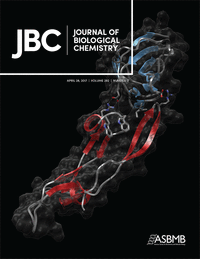

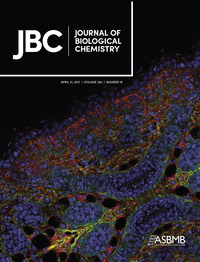
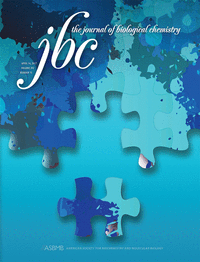 A biology society is hiring three editors to screen images in submissions to its journal, Journal of Biological Chemistry — which we think is a great idea.
A biology society is hiring three editors to screen images in submissions to its journal, Journal of Biological Chemistry — which we think is a great idea.
 A scientist who sued his employer for millions of dollars has earned two more retractions, for papers that had already been flagged by the journal.
A scientist who sued his employer for millions of dollars has earned two more retractions, for papers that had already been flagged by the journal.